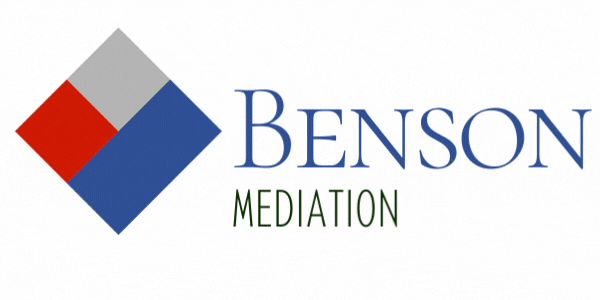IT’S DEBATABLE
/For those of us employed in the law business, knowing how to argue is an essential skill that is often in short supply. That fact can make a lawyer’s life miserable, both in practicing without adequate skills or dealing with someone else lacking those skills. “How to argue is something people are taught. You learn it by watching other people, at the breakfast table, or in school, or on TV, or, lately, online. It’s something you can get better at, with practice, or worse at, by imitating people who do it badly. More formal debate [for instance, presenting reasoned argument to a judge or jury] follows established rules and standards of evidence.” “Debating, like voting, is a way for people to disagree without hitting one another or going to war; it’s the key to every institution that makes civic life possible, from courts to legislatures. Without debate there can be no self-government.” (Lepore, The State of Debate 2016)
It's debatable
On September 26, the first Presidential debate of this election will take place. It won’t be a debate in the sense that the delegates to the Constitutional Convention debated the terms of our Constitution in 1787 or that Lincoln debated Douglas in 1858. It won’t much resemble the Kennedy-Nixon debate that took place 56 years ago. It will follow a format that defies meaningful discourse; questions posed by Lester Holt, despite his best efforts, will reveal little information that can serve as the basis for thoughtfully choosing one candidate’s policies and leadership skills over the other. The debates are, as Walter Cronkite said, “…part of the unconscionable fraud that our political campaigns have become” and they should be a source of deep concern for voters who support our form of government.
Posted in ADR, alternative dispute resolution, argue, benson mediation, conflict resolution, debate, donald trump, Hillary Clinton, impartial mediator, impasse, managing conflict, Mediation, mediation training, mediator, negotiation, roger c benson mediator, Uncategorized | Tagged argue, compromise, debate, mediation, mediation philosophy, mediation techniques, mediation training, mediator, negotiate, negotiation, politics, teaching mediation | Leave a reply





